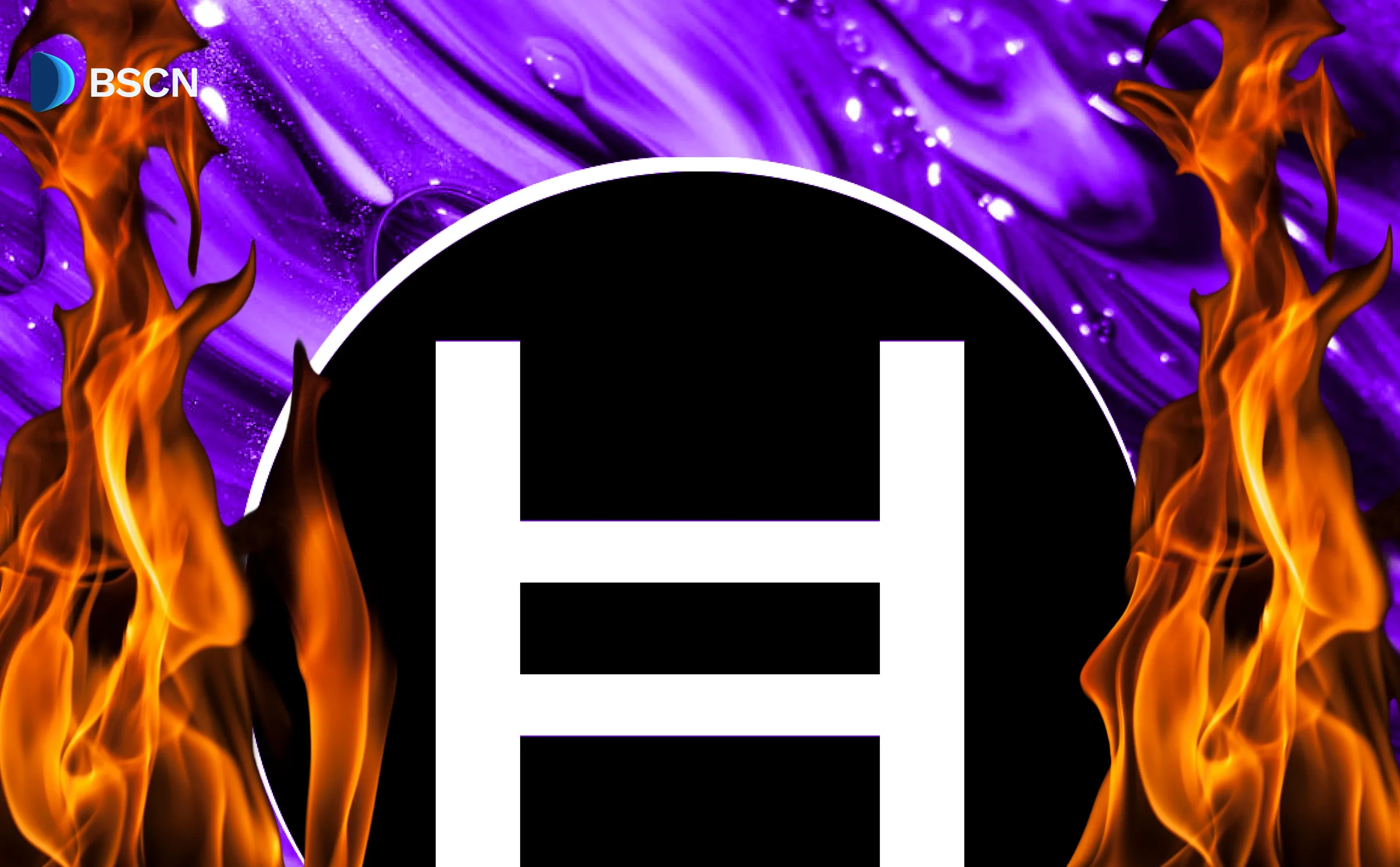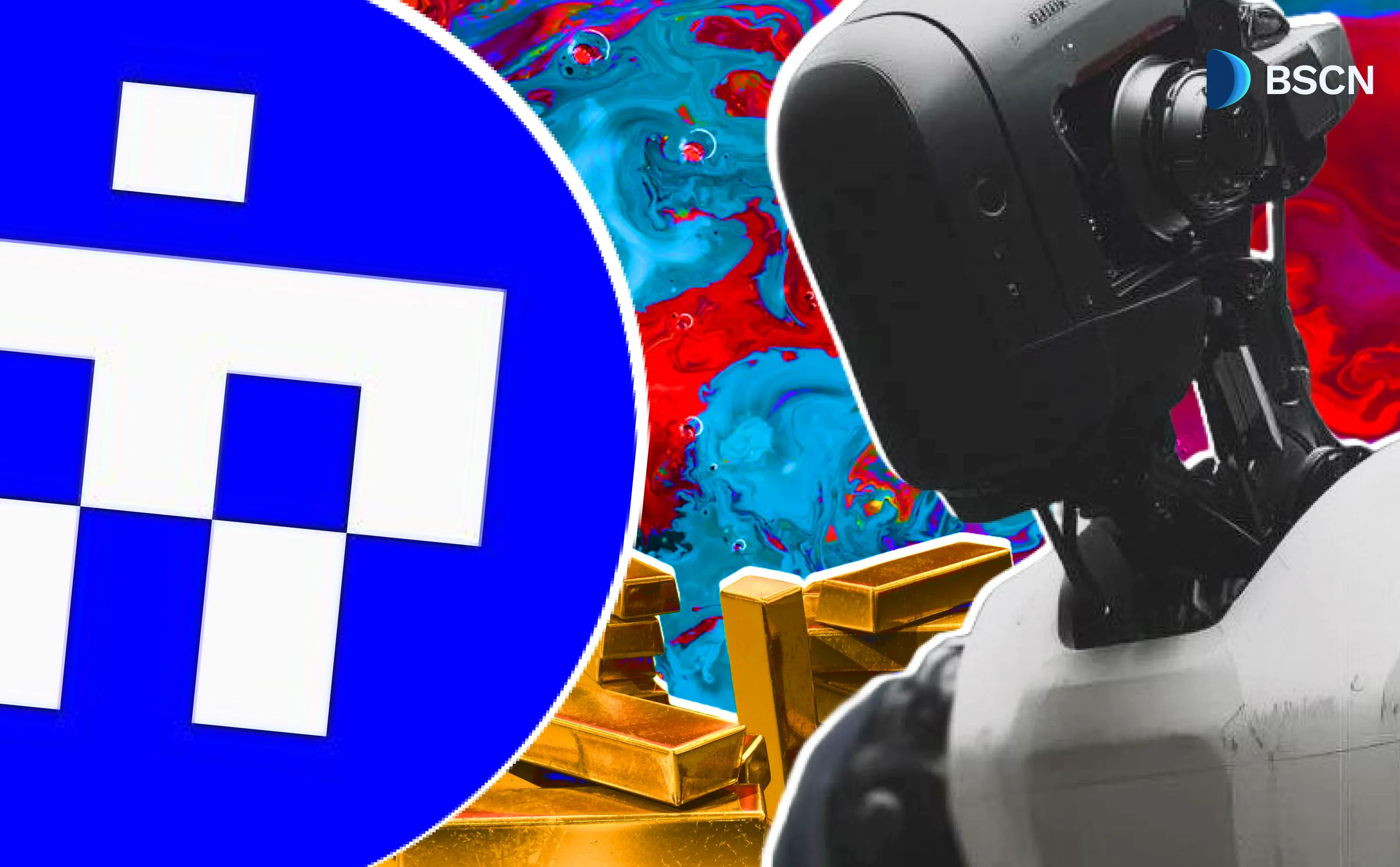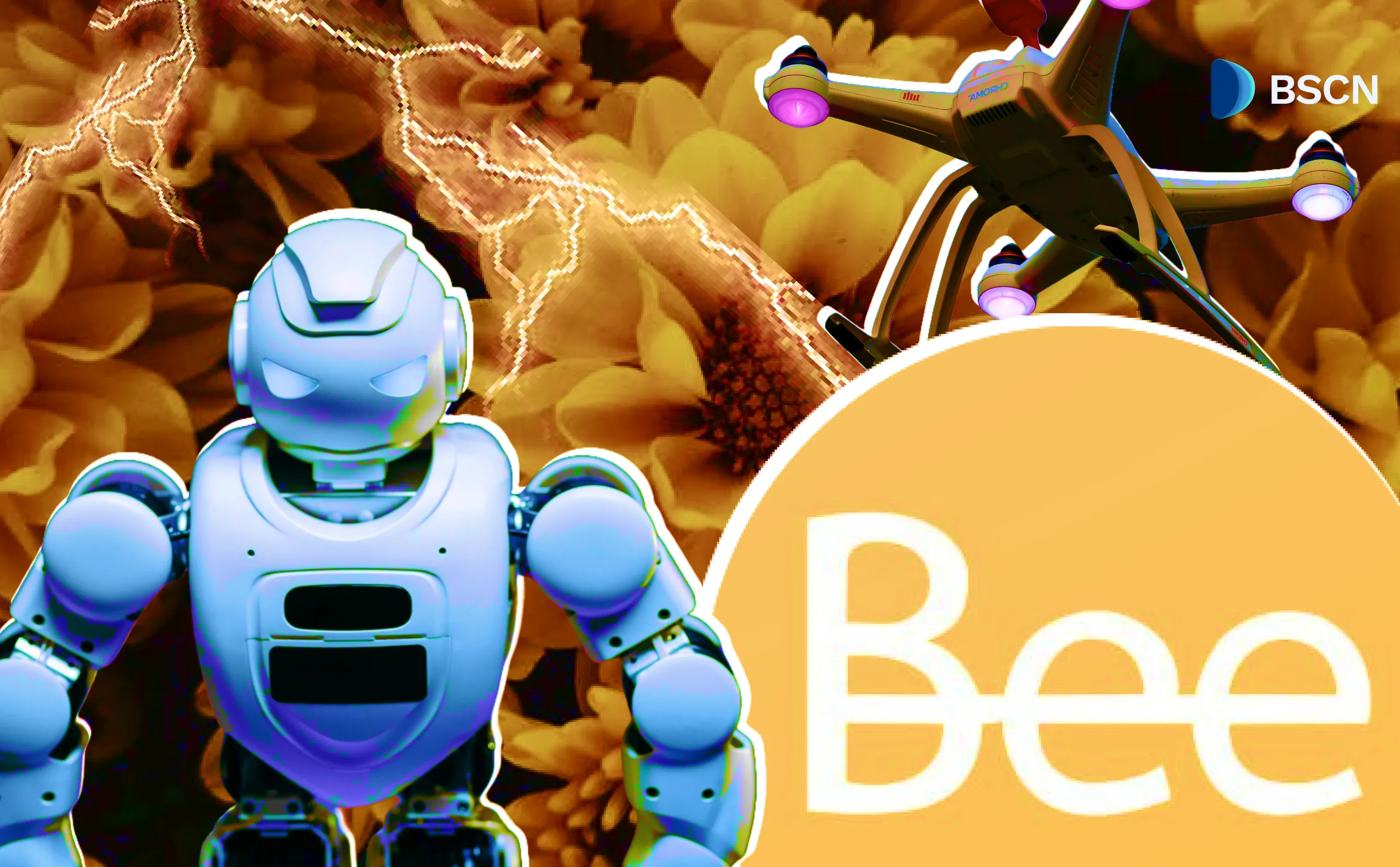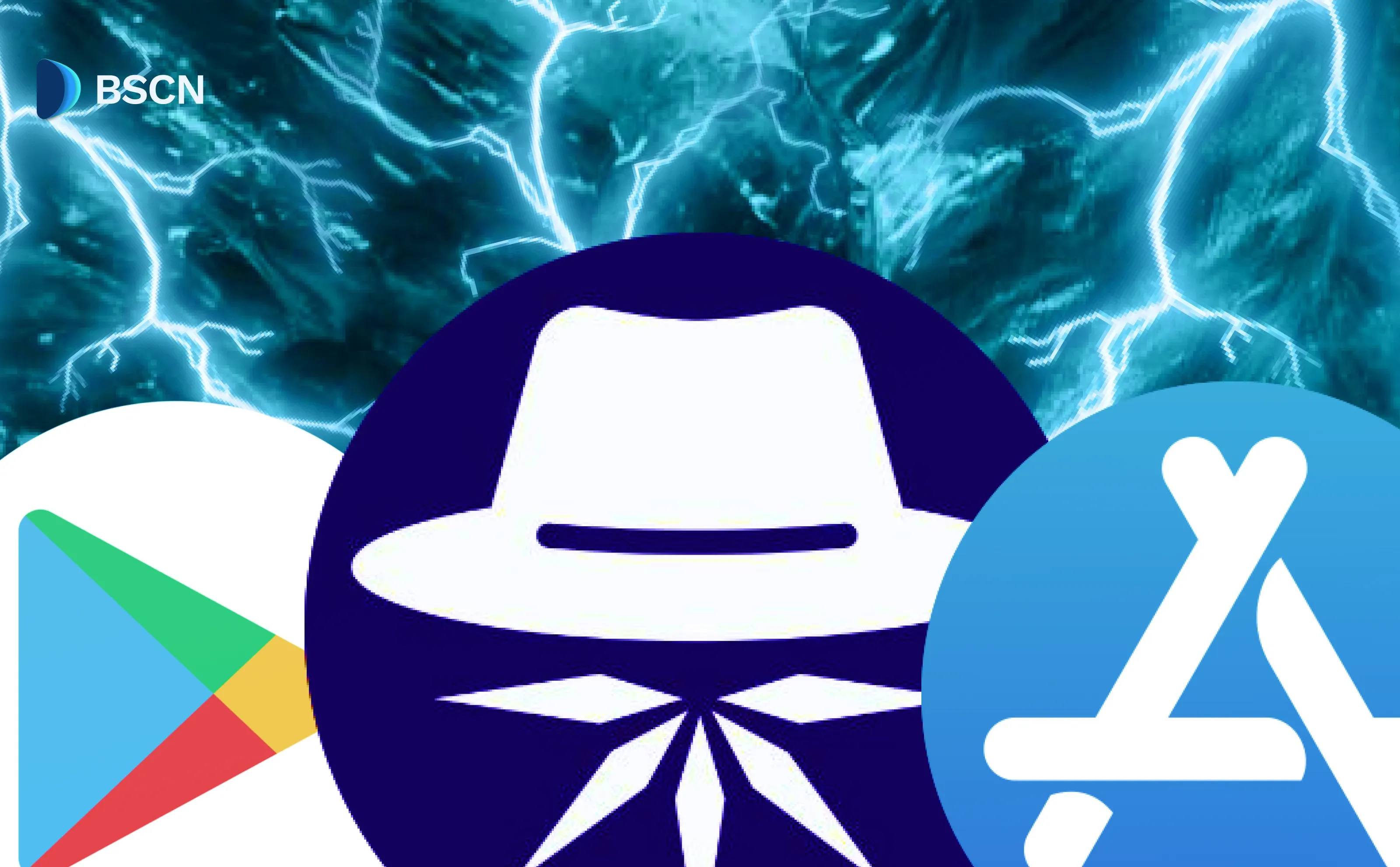WEB3
Cardano’s Latest Upgrade: What is Chang Hard Fork?
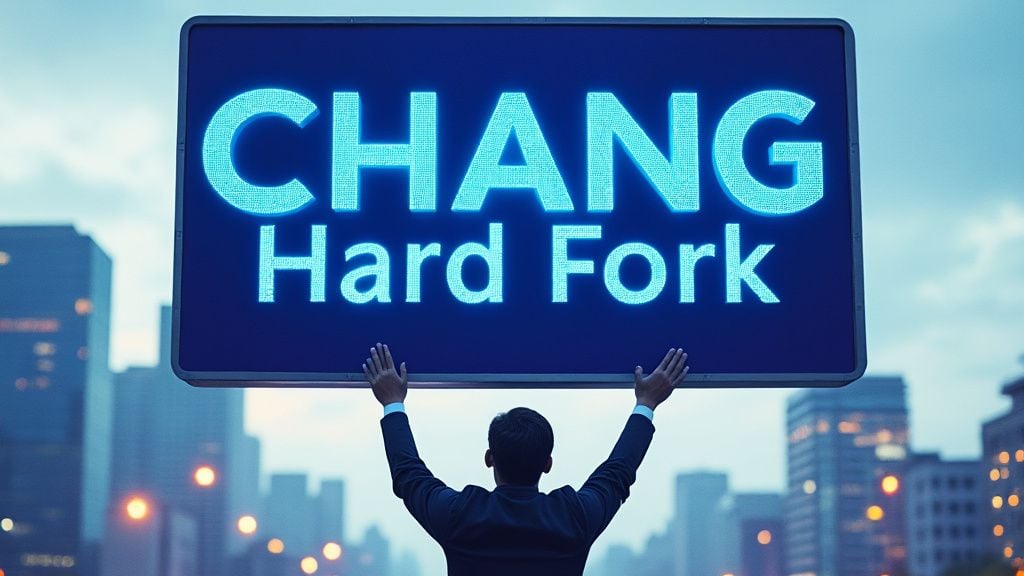
Cardano’s blockchain reached a milestone with the launch of the Chang hard fork, marking the beginning of its transition to a decentralized governance model.
BSCN
September 2, 2024
On August 31, 2024, Cardano, the Layer 1 blockchain founded by Ethereum co-founder Charles Hoskinson, executed the first stage of its Chang hard fork at block 10764778. This upgrade marks the start of the “Conway ledger era” and sets the foundation for a fully decentralized governance system.
Today's Chang hard fork marks a major milestone for the Cardano blockchain, ecosystem, and community––fulfilling the promise of a truly self-governing, decentralized network.
— Cardano Foundation (@Cardano_CF) September 2, 2024
Welcome to a new era of decentralized governance: Voltaire. ⚖️ https://t.co/sE0iyRKLg9 pic.twitter.com/dA0JkgYOio
The latest move represents a fundamental change in how Cardano operates, moving away from a centralized governance system to one where the power is in the hands of the ADA holders.
The Voltaire Era: A New Chapter in Decentralized Governance
The Chang hard fork introduces the Voltaire phase, a critical step in Cardano's roadmap toward decentralized governance. Under this new system, every ADA holder now has the right to submit and vote on governance proposals, giving the community direct control over the blockchain's future.
The transition to decentralized governance will occur in two phases. The first phase, which has just begun, involves establishing an Interim Constitutional Committee (ICC) with limited authority. This committee will oversee the governance process temporarily, ensuring stability and security during the transition.
Over the next 90 days, the committee will work to maintain continuity while allowing Delegate Representatives (DReps) to register and campaign for support.
During this period, the network will gradually shift power to its new governance bodies, which include the Constitutional Committee, DReps, and Stake Pool Operators (SPOs). These groups will eventually take full control of the network, with the second stage of the Chang hard fork expected to activate in early 2025.
Liquid Democracy: Empowering ADA Holders
A key feature of the new governance model is the introduction of "liquid democracy." This system allows ADA holders to either vote directly on governance issues or delegate their voting power to trusted representatives, known as DReps.
This flexibility reportedly ensures that all community members can participate in the governance process, regardless of their technical expertise or time availability.
Alongside DReps, the Constitutional Committee and SPOs will play vital roles in overseeing and implementing governance actions. Previously, these responsibilities were held by Cardano’s founding entities: the Cardano Foundation, Input Output Global (IOG), and Emurgo.
The Role of the Interim Constitution
To guide the network through this transition, Cardano’s off-chain governance organization, Intersect, has released the Interim Cardano Constitution. This document serves as a bridge to the final Constitution, which will be drafted and ratified by the community at the Cardano Constitutional Convention in late 2024.
The interim Constitution provides the necessary framework to ensure a smooth transition while the new governance framework is fully established.
As part of the Chang hard fork, the hash of the interim Constitution is now included in the new node version (Cardano Node 9.0.0), which supports the bootstrapping phase of CIP-1694. This ensures the text's integrity and serves as a trial run for the final Constitution's ratification.
Full Decentralization in 2025
The second stage of the Chang hard fork, set to occur in early 2025, will complete Cardano's transition to decentralized governance. This phase will introduce the final upgrades needed for full community-led governance, including the formal establishment of DReps as a governance body.
DReps will have the authority to register, generate certificates, request ADA delegations, and vote on governance proposals.
In addition, SPOs will gain the ability to use their delegated ADA as voting power, further decentralizing decision-making within the network. The Constitutional Committee will also expand its membership beyond the seven members of the interim committee, gaining full veto power over governance actions that contradict the Constitution.
At this point, the community will gain control over the Cardano treasury, with the power to propose and approve treasury withdrawals. This marks the final step in Cardano's journey toward becoming a fully decentralized and community-run blockchain network.
Technical Advancements
The Chang hard fork also brings significant technical advancements, particularly in the area of smart contracts. This upgrade enables the use of Plutus scripts in governance, making it possible to use more sophisticated voting methods, including on-chain voting within Decentralized Autonomous Organizations (DAOs).
The transition involves a 90-day period overseen by an Interim Constitutional Committee, which will guide the network through the governance bootstrapping phase.
Disclaimer
Disclaimer: The views expressed in this article do not necessarily represent the views of BSCN. The information provided in this article is for educational and entertainment purposes only and should not be construed as investment advice, or advice of any kind. BSCN assumes no responsibility for any investment decisions made based on the information provided in this article. If you believe that the article should be amended, please reach out to the BSCN team by emailing [email protected].
Latest News
Crypto Project & Token Reviews
Project & Token Reviews
Comprehensive reviews of crypto's most interesting projects and assets
Learn about the hottest projects & tokens


